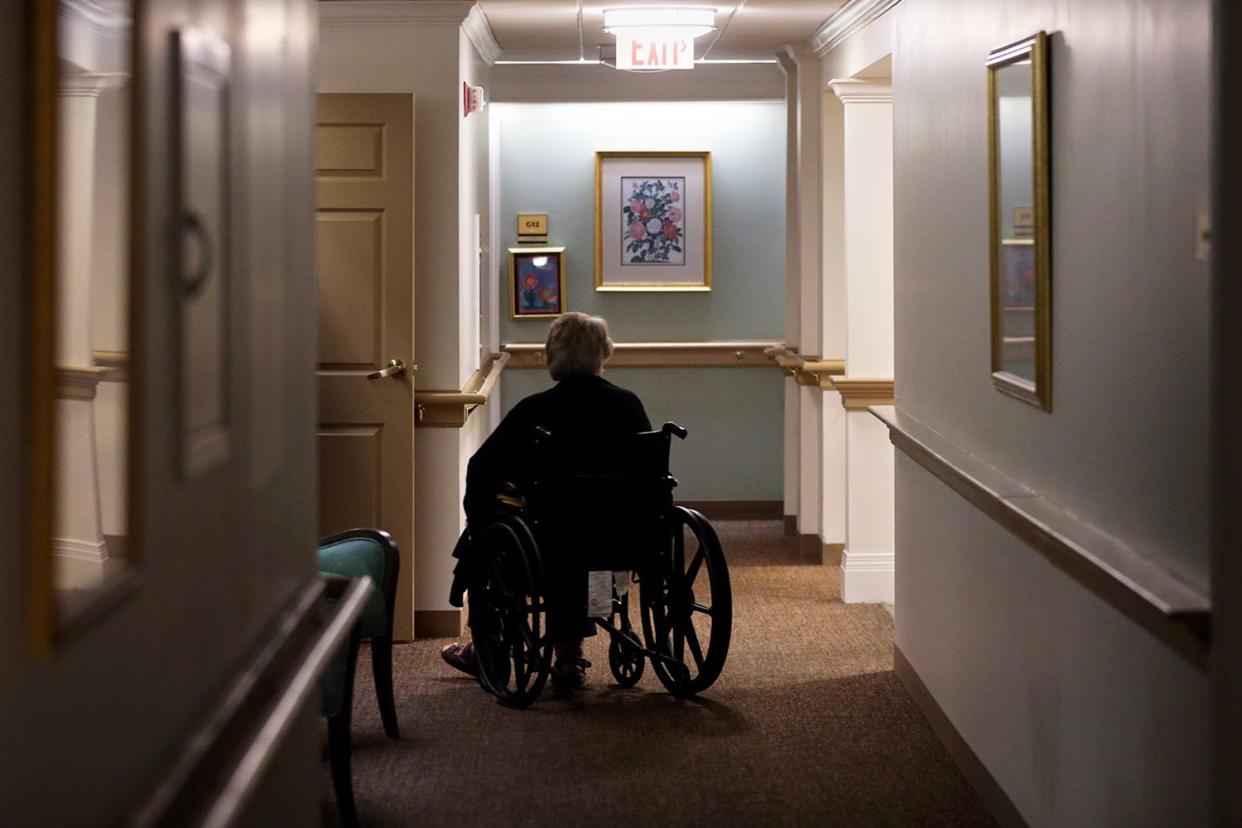Quadriplegic Veteran Develops Infection, Becomes Double Amputee After He Can't Find a Personal Care Assistant

Craig F. Walker/The Boston Globe via Getty
A Minnesota man is blaming the state's shortage of personal care assistants (PCAs) for needing to have both his legs amputated.
Dennis Prothero — a veteran from Stillwater, Minnesota — was in a car accident 20 years ago that left him a quadriplegic, needing a PCA to provide at-home care for everyday tasks like getting out of bed, showering, getting dressed and eating, CBS News reports.
Prothero shared that finding PCAs has been more difficult lately, telling the outlet, "I didn't have anybody at night Monday through Friday and then nobody at all on the weekends."
Without assistance, Prothero was forced to sleep in a chair for several nights over the summer and developed sores on his feet that quickly got infected. Due to the severity of the infections, doctors had to amputate both legs below the knees on Oct. 21.
"If I had been sleeping in bed, with the help of a PCA to get in and out of bed in the evenings, I wouldn't have had this," Prothero said.
RELATED: Doctors Amputate the Wrong Leg of an Elderly Man in Austria in 'Tragic Mistake'
Never miss a story — sign up for PEOPLE's free daily newsletter to stay up-to-date on the best of what PEOPLE has to offer, from juicy celebrity news to compelling human interest stories.
The statewide shortage of PCAs has even caused providers to stop taking new clients. Dena Belisle, the president of the Minnesota First Provider Alliance, told CBS that it's "heartbreaking" to turn clients away, but noted that working as a PCA is a demanding job.
Additionally, the average pay is $14 an hour.
"I've had [PCAs] that I had for quite a while, but they all left for jobs that paid more, and you can't blame them for that," Prothero added. "This is a very real problem."
"The reality is, we don't have enough people and the pay is too low," Kathy Messerli, executive director of the Minnesota Home Care Association, which represents agencies that provide at-home care to about 30,000 Minnesota residents and individuals with disabilities, told Star Tribune. "There's no question it's a crisis."

